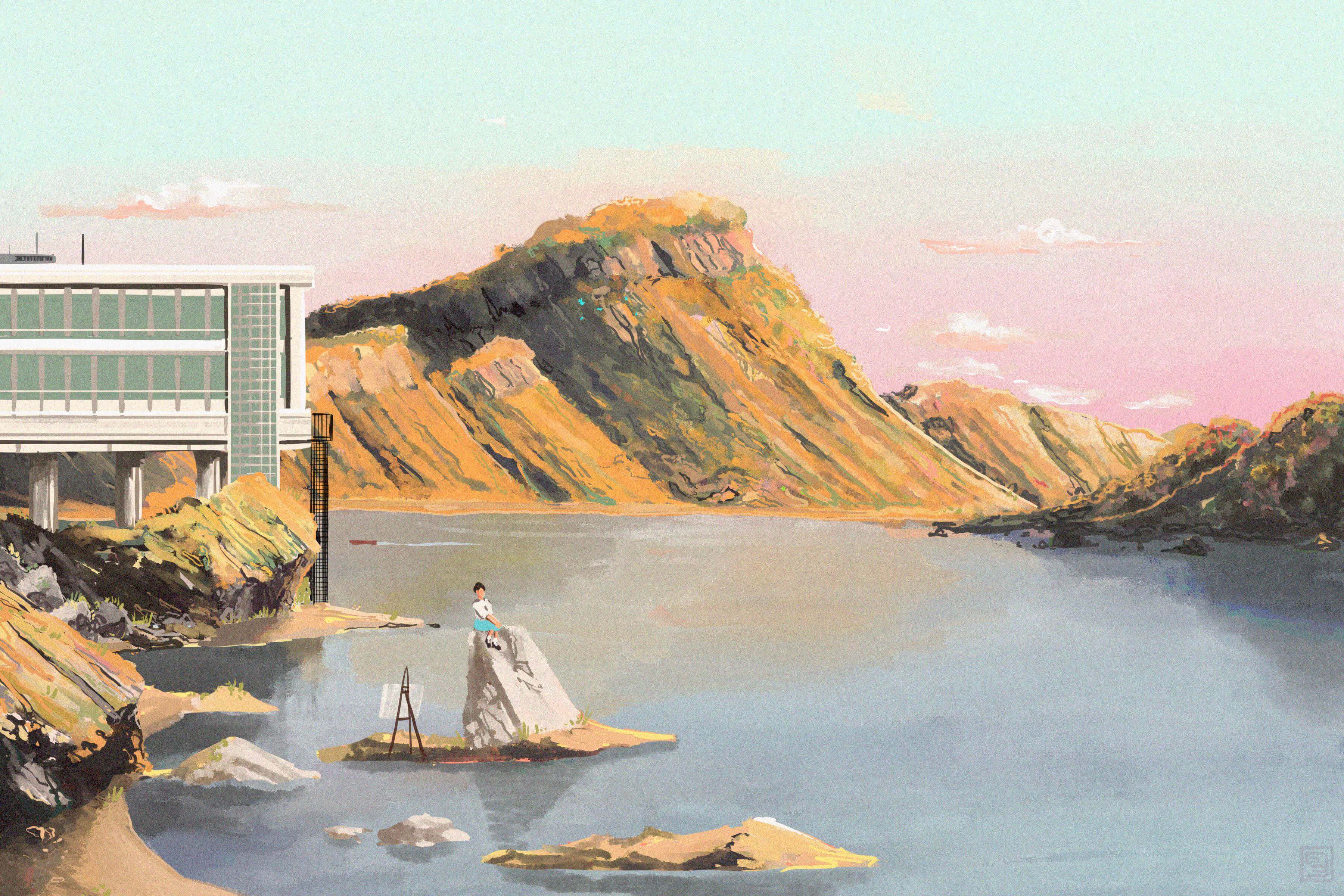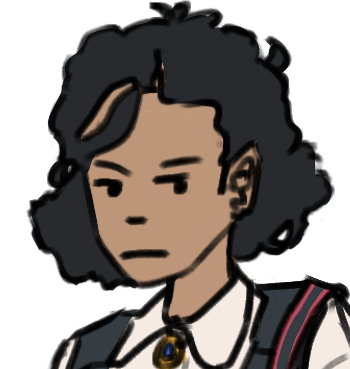NEW Story: Cocktail
Ghosts of Taiwan in the Yana Lakehouse

By 2047, Vekllei had a lot of broken men. Tens of thousands had alighted troop ships at the end of the War of Taiwan, only to find that pieces of their lives had unravelled overseas. Hardy, bronze-skinned boys were left with their ghosts, and those ghosts introduced them to drinking, and brawling, and suicide.
As part of the Birmingham Convention and the second round of the Commonwealth War Trials, a young and recently defeated Vekllei nation was chained to a conflict that was beginning to fester in East Asia. They didn’t want to be there, but that’s what happens when you lose a war. So they became “Whites” — as opposed to “reds”, or communists, they supposed. But it was also apparent that they were anglos in an oriental war. They fought begrudgingly alongside the Taiwanese, American GIs, Brits, and some Australians. At one point there were more white foreigners in the Datong district in Taipei than Chinese — that’s modern war, Baron supposed.
He was not a friend of any People’s Republic, but the Kuomintang wankers were off the rails. The high schools had closed down and they’d taken the boys and put them in uniform. They sent those boys south from their provisional headquarters in Wulai, down as far as Yuchi where they rounded up the smartest-looking people and shot them. In the Five Days Terror, Taipei glowed in the light of a hundred thousand books turned to ash in bonfires. They were spotting Mao on street corners.
Behind any KMT officer there was a Joint Intelligence Bureau slug, and behind the slug was some CIA motherfucker. Vekllei soldiers, who were ostensibly nonaligned but were in no position to argue, took orders from these clowns.
The People’s Republic had control over a decent part of Kaohsiung and the whites were terrified of rumours of Red Chinese in the mountains on the West Coast. The communists did not have the benefit of a century of support from the Americans, and most of the boys they killed were ill-equipped and skinny. At night you could hear the distant booms of gunfire in the sea between the ROC and Xiamen. At this time Atomic shit was still restricted to naval warfare. Occasionally an old diesel ship would go up, and you’d see it from the shore. Those fireballs looked like they touched satellites overhead.
Baron had a clinical, empty side to him in which he stored a lot of his pain. He had done unspeakable things, and had merely forgotten them or parcelled them away so that they could not be coherently retrieved. That sort of conscience lands you with spooks; for the rest of the boys coming home from Taiwan, their lives had ended with the war.
The problem of dead vets and criminal heroes became such that the War Bureau, equipped with new research on shell-shock, established a series of hospitals across the country that isolated and gave time for these boys to come to terms with what they did and what they saw. They were sanatoriums, in a sense — you took a train into the highlands, and you came back when you were ready. A lot of boys found it difficult to be around people who didn’t understand them. At the hospitals, called ouismaindesdenyo or “Care Homes”, they could be around those people.
Baron would visit people occasionally at the Yana ouismaindesdenya. Tzipora would go with him. She thought it was because her being there made him feel less like a patient. She did not know if the people he visited were comrades, friends or if he was simply fulfilling a duty as an ex-officer. He never made it clear to her. She spent time on the lake shore painting and thinking. At dusk the sky would glow, and she would think about what the hell it was she was doing with her life.
In some ways, she was a patient at Yana too — after all, like these men, she’d done and seen terrible things. She’d seen the other side of life’s coin, in a way. When she underwent sumoirnesdenen (ego death) years later, she thought it felt similar to that moderated, clinical idea of trauma — like she had crossed a rubicon, and had been exposed to some secret about violence and death, and that every part of her life was now framed in relation to it.
She never claimed to be like the boys at Yana, because she wasn’t. But she knew what it was like to enter domesticity and never feel at home in it. She was lucky; she had Baron. She wondered about those boys who married before they left. She wondered where those brides were now.
After a week, they would travel downstream from the highlands and leave Yana behind. There the memories would stay, until their return the following season.
